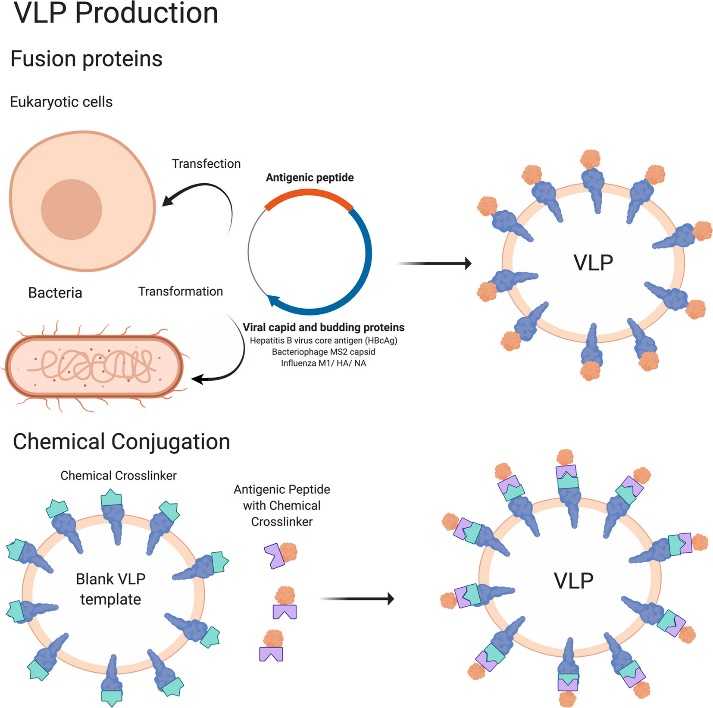As one of the leading technologies in the research and development of the 2019-nCoV vaccine, mRNA vaccines have the advantages of low cost, high production efficiency, and high safety, and have great application potential for new infectious viruses that traditional vaccines cannot cope with. By delivering mRNA encoding viral antigens, mRNA vaccines express antigens in the body, stimulate the body's immune response, and play a role in preventing or treating diseases. mRNA can meet the needs of gene therapy, cancer therapy, and vaccines and is a very potent drug candidate. mRNA works by expressing proteins that stimulate the immune system to respond or treat. Therefore, the expression level of the protein is closely related to the efficacy of the therapy. A drawback of traditional mRNAs is that they are not very stable and are degraded within a few days within the cell, resulting in unsustainable protein expression levels. If it is used as a long-term treatment for the disease, it may require multiple and large injections of mRNA, which may increase the toxic and side effects of mRNA therapy. In addition, mRNA has high natural immunogenicity, and the in vivo delivery efficiency is low, making it difficult to play its role efficiently. Therefore, to realize the widespread application of mRNA vaccines, it is necessary to focus on solving protein expression problems and vaccine delivery.

With the gradual popularization of VLP delivery technology, the delivery of mRNA vaccines has gradually been solved. Recently, researchers developed a new platform to produce self-amplifying RNA vaccines delivered by plant virus-like Particles (VLP). This new technology protects the smooth targeting and delivery of functional mRNA containing self-amplifying cells by using the capsid protein from Cowpea Chlorotic Mottle Virus (CCMV) as virus-like particles (VLPs). This technology utilizes the characteristics of the Nov virus; that is, it has the characteristics of strong RdRp-dependent replication and realizes the self-amplification of mRNA in vitro by fusing the target gene into its genome. With self-amplifying RNA, the same protein levels as traditional mRNA vaccines can be achieved with very low doses. This feature may reduce the dose and number of injections used for mRNA therapy, thereby prolonging efficacy while reducing possible toxic side effects of mRNA and delivery vehicles. In addition, self-replicating mRNA may also potentially stimulate an immune response in the body, potentially further enhancing the effect of vaccines. This technology provides a new advance in developing mRNA vaccines and has great potential in fighting the virus.
Profacgen is a state-of-the-art protein service provider. We provide custom protein services in the biological sciences, enabling access to the latest tools, techniques, and expertise with competitive pricing and rapid turnaround time. We serve a broad spectrum of industrial and academic clients committed to delivering high-quality data and customer services.
Please do not hesitate to contact us for more details if you are interested in this new method, and we will provide a considerate service for you. At the same time, we also offer other RNA-protein interaction detected services; please move to our website for more details.
Reference
Fill out this form and one of our experts will respond to you within one business day.